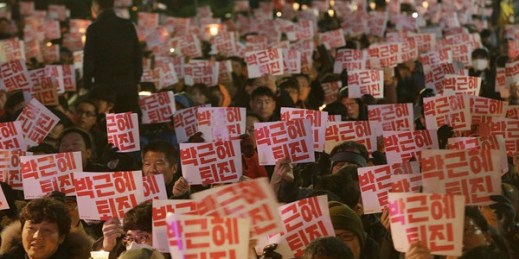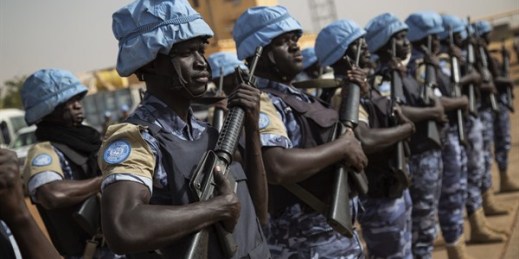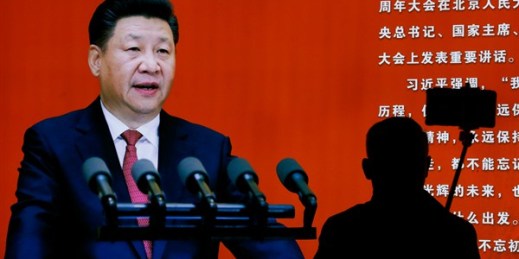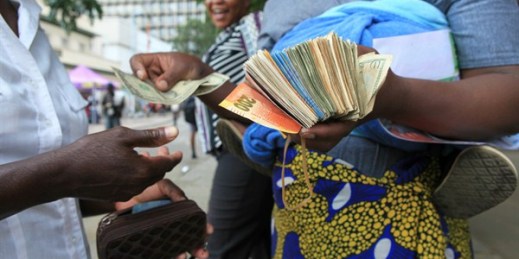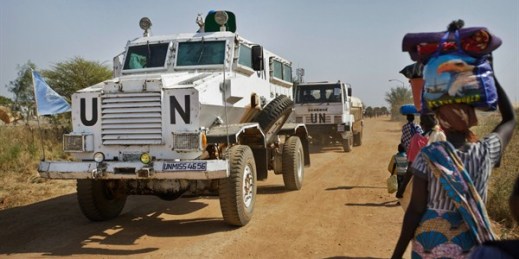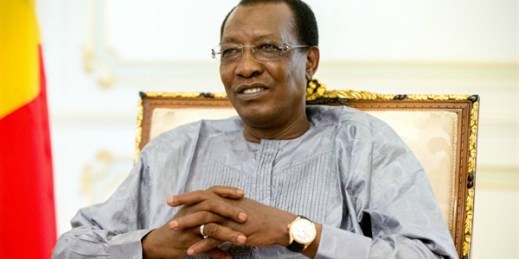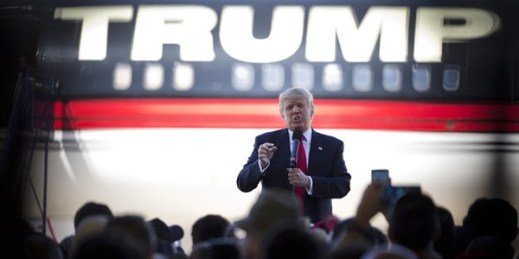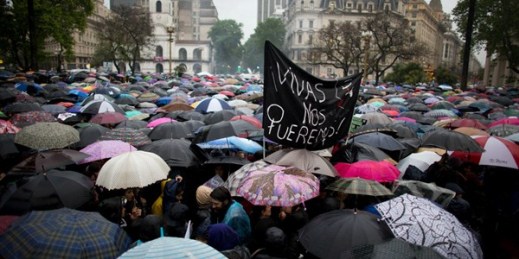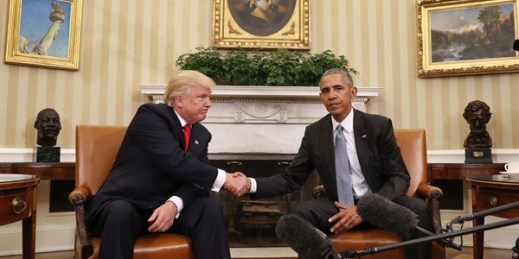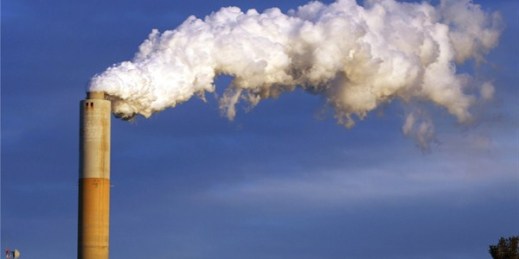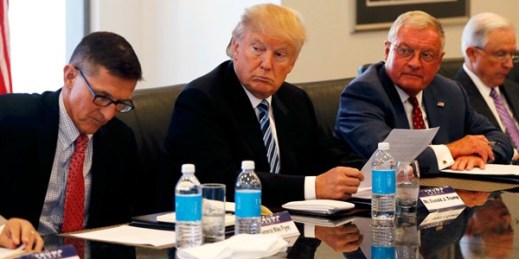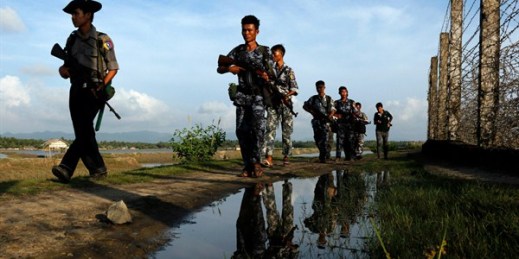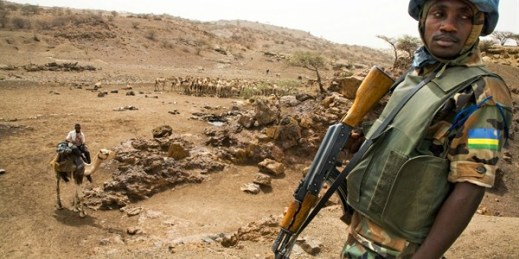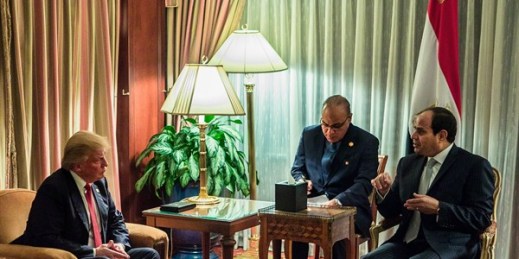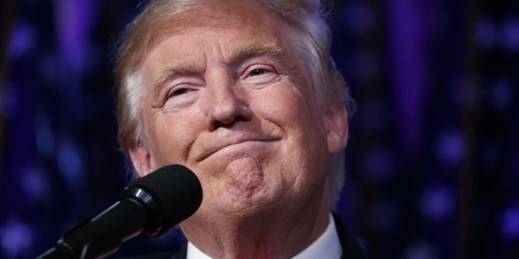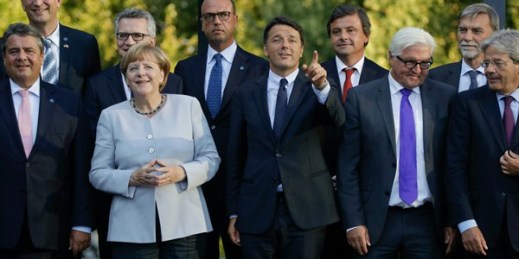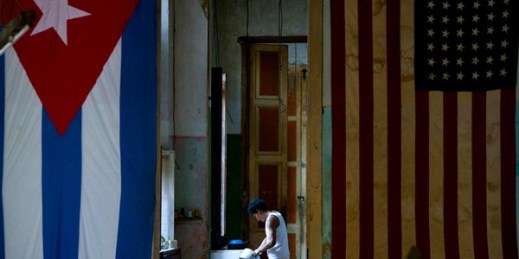
Cuba was not a major issue in the 2016 presidential campaign, but U.S.-Cuban relations may be collateral damage of Donald Trump’s stunning upset victory. Trump’s campaign was never heavy on policy details, and over the months, he expressed contradictory views about President Barack Obama’s policy of engagement with Havana. At first, he supported the opening, though he said he would have gotten a better deal. Later, he seemed to embrace a more traditional Republican stance of hostility. The language in the Republican Party’s platform was reminiscent of the darkest days of the Cold War. It denounced Obama’s policy as “a […]

